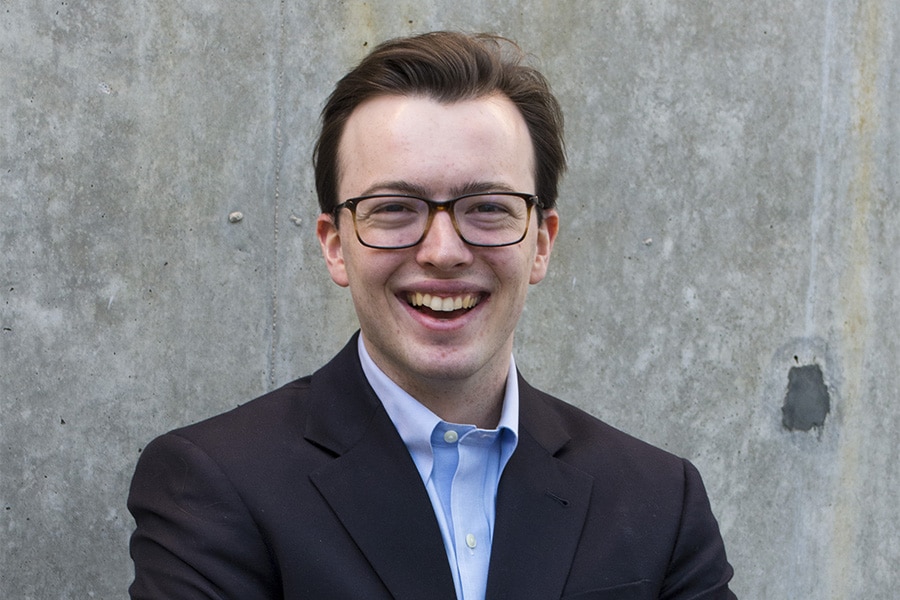Andrew Maris Fair Haven, NJ
What Jurassic Park Gets Wrong About Chaos Theory
To scientists, “chaos” does not mean randomness. Researchers use chaos to describe situations where two nearly identical starting points lead to completely different results. Also known as the “butterfly effect,” chaos has a profound impact on our lives. It’s the reason why weather is unpredictable and our heart rates can change quickly. Surprisingly, quantum mechanics – the physics of atoms and subatomic particles – only allows systems that interact with their environment to exhibit chaos. This is very different from macroscopic, “classical” mechanics. We can use chaos in these so-called open systems to understand how quantum mechanics relates to classical mechanics.
Andrew Maris grew up in Fair Haven, NJ and began researching quantum chaos as an undergraduate at Carleton College. In the lab, Andrew uses simulations of chaotic systems to study the onset of quantum behavior, which has applications in quantum computing and engineering. He has also prototyped detectors for the next generation of gamma-ray space telescopes at the U.S. Naval Research Laboratory. In addition to his research, Andrew has a strong interest in the role of science in the public sphere. He will graduate from Carleton in June with a major in physics and a minor in public policy.
To read and hear an interview with Andrew, CLICK HERE
Connect with Andrew:

